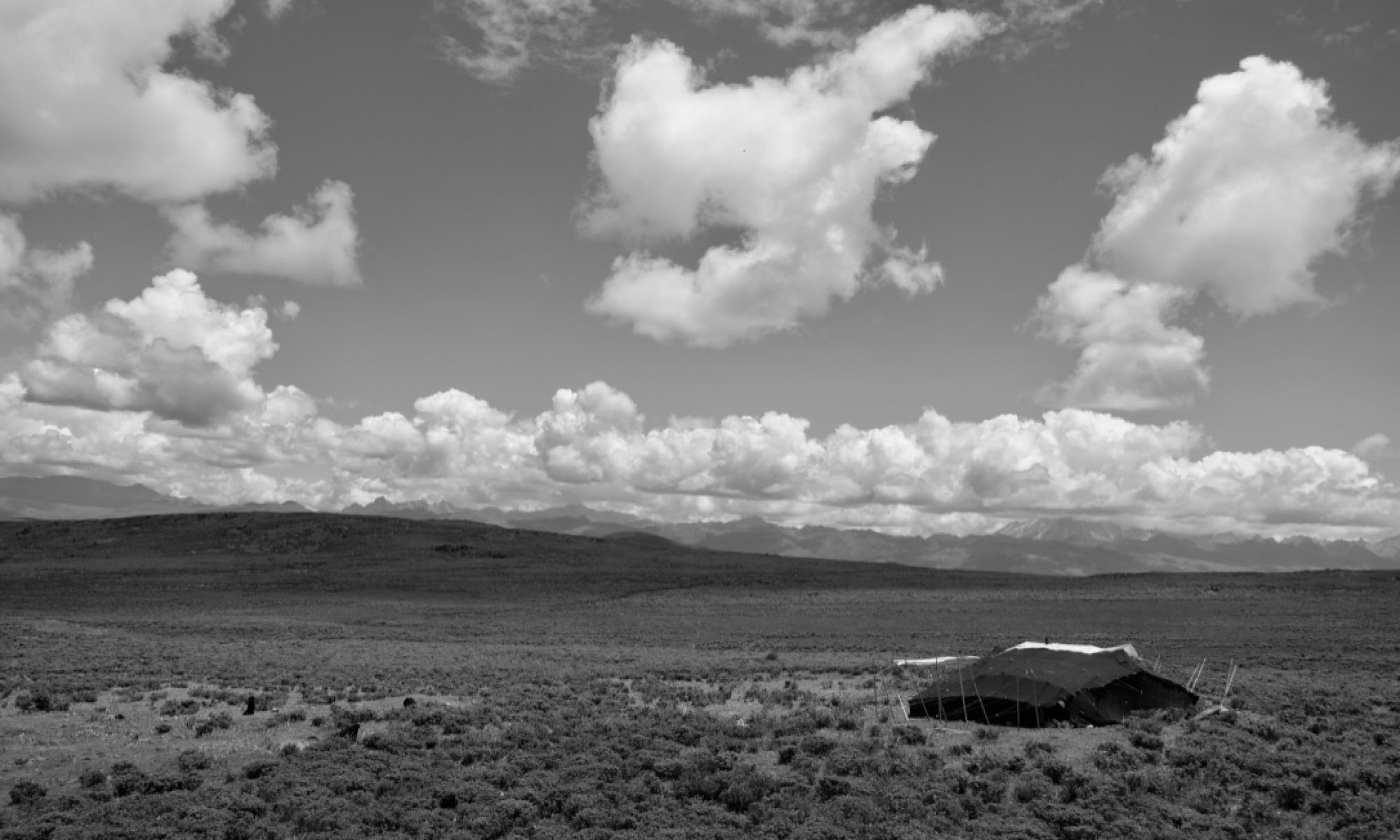So I haven’t been writing much recently, at least for the blog. I’m working on cranking out my book on Tibetan vegetarianism as fast as I can, and that hasn’t left much time for side projects like blog posts! But I thought I’d try to fix that by kicking off a series of occasional book reviews. These aren’t going to be formal reviews, suitable for publication in a journal. But sometimes a book comes along that really makes me think (or that I simply really enjoy), and this blog seems like a good place to share some of those thoughts in a relatively informal way.
I can’t tell you how refreshing this book is. Religious life writing certainly has its own beauty, but it is really nice to read an autobiography that depicts the actions and concerns of people who are not elite religious practitioners. Naktsang Nulo writes with the attention to narrative and emotion of a natural story teller. And the the translators and editors, Angus Cargill and Sonam Lhamo (whose names do not, unfortunately, make it onto the cover), do a wonderful job of transforming his Tibetan into English prose that is both clear and compelling.
My Tibetan Childhood[1] is marketed as an account of “the lived experience of the forced and violent incorporation of the Tibetan heartlands into the People’s Republic by Chinese troops in the 1950s.” (so sayeth the back cover) And the author’s depictions of atrocities committed by Chinese forces are indeed heartrending. These stories, however, comprise only the second half of the book. To my mind, the first half of the work, where the author speaks about everyday life as a nomadic child, is just as important as the second, if not more. Naktsang Nulo provides a detailed, rich account of social customs, regional expressions and vocabulary, and the values that sustained nomadic life. As regular readers know, I’m primarily interested in vegetarianism, so Naktsang Nulo’s depiction of nomadic eating habits was particularly welcome. To give just one example, he recalls that after his father kills and antelope, his Aunt tells him, “don’t worry, its not a sin if it keeps us from going hungry.” (89) Other scholars with other preoccupations with no doubt also turn up valuable material.
It’s also worth noting the publication history of this text. Naktsang Nulo composed his autobiography in Tibetan, and published it in 2007 in China. I don’t know how official this publication was (ie: from an official press or not) and 2007 may have been the last of the relatively relaxed years prior to the unrest in 2008, but it is still remarkable that this book appeared within China. This simple fact means that the text not only gives us insight into what happened in the fifties, but also into the kind of material that people felt comfortable publishing (again, officially or not) in 2007.
So who should read this book? I’d say pretty much everyone interested in Tibet. It is obviously valuable for those interested in the history of twentieth century Sino-Tibetan conflict, but also gives important insight into pre-communist nomadic life. And pilgrimage. The author provides a fifty plus page description of a year-long pilgrimage to Lhasa, pure gold for those interested in Tibetan pilgrimage, and destined to be included in courses I teach on Tibetan religiosity.
As far as complaints go, I have few. I would obviously like Naktsang Nulo to dwell more on dietary choices and possibilities, but that simply reflects my own obsessions. The one thing I would really like are better maps. Naktsang Nulo includes an fifty plus page description of a year long pilgrimage to Lhasa, but the accompanying maps are not nearly detailed enough.
For another, more thorough review, see Jonathan Mirsky’s review in the High Peaks, Pure Earth blog. Also Woeser’s article on the Chinese version on the same site.
_______________________________________________
[1] Buy the book directly from Duke University Press by clicking here. You could probably save a few dollars by buying it from Amazon, but surely its worth putting those dollars into the presses that publish this material.


Thank you for this great review and for suggesting that your readers buy directly from Duke University Press! If they’d like to bring the cost closer to Amazon, they can use coupon code E14NULO at checkout to save 30%.